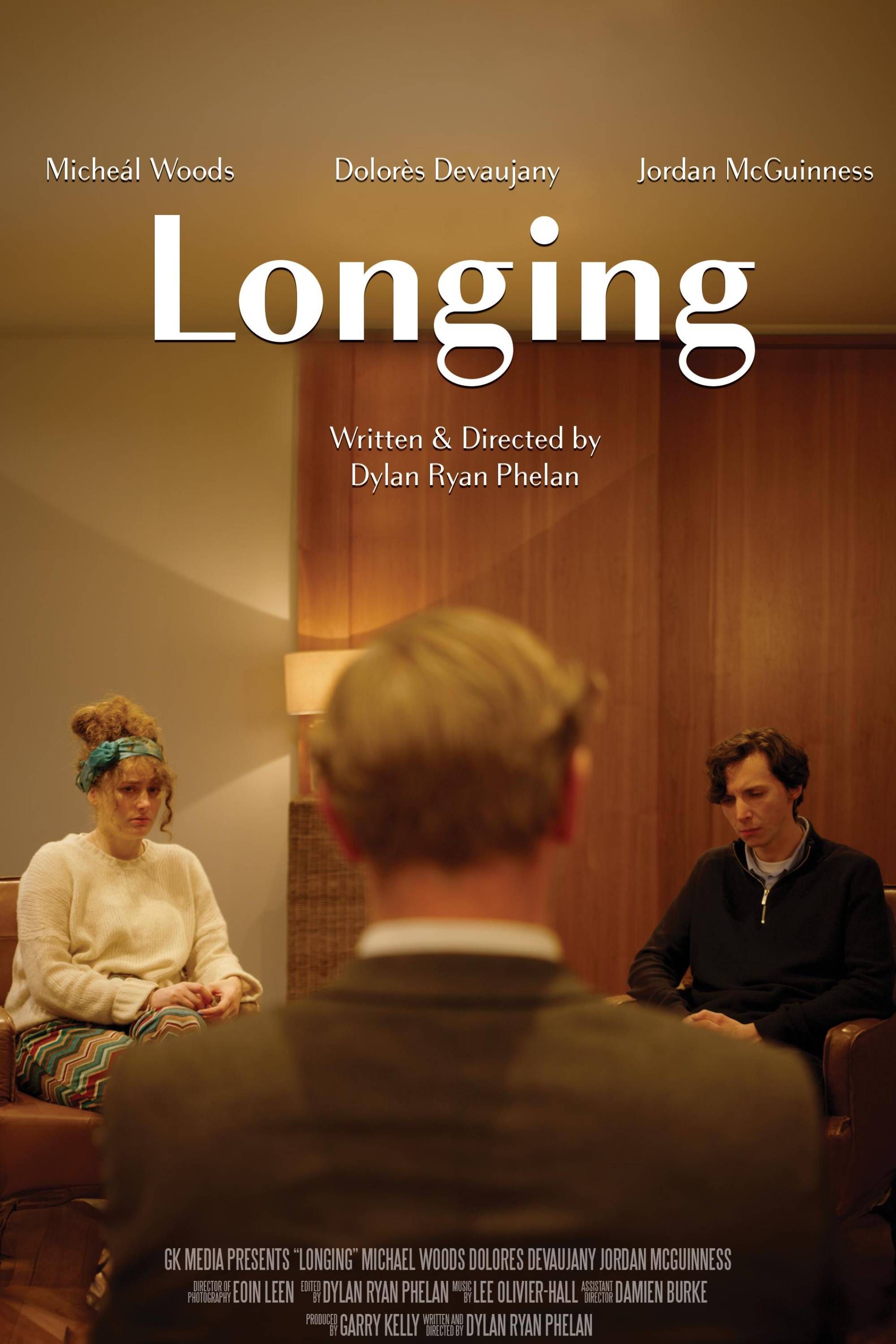Summary
- Daniel’s grief-driven actions define Longing, leading the film down an uncomfortable and unrealistic path that fails to resonate with viewers.
- Richard Gere’s reserved performance is overshadowed by the bizarre storyline and the character’s questionable motives and decisions.
- Themes of grief and fatherhood miss the mark, leaving audiences wanting more depth and emotional resonance.
Longing, director Savi Gabizon’s English-language debut, starts relatively well before slowly losing its way. With Richard Gere in the role of aged businessman Daniel Bloch, who learns from his ex-lover that he has a 19-year-old son named Allen, he’s alarmed and quickly tries to call a lawyer before he finds out the boy died before they ever had a chance to meet. As the story progresses, Daniel tries to uncover the mystery of his son’s existence, and there are moments of real poignancy, but the tone is off overall, the character’s reasonings are baffling, and the execution is uncomfortable.
It appears that something essential has been lost in translation, as Longing is a remake of Gabizon’s acclaimed film Ga’agua, which gained praise on the film festival circuit. Within Longing, there is a touching story about an absent father trying to make up for lost time, but Gere’s star power only served to impede upon its emotional impact as Daniel’s baffling behavior and reasoning torpedoed this film’s once-promising potential. Sadly, what worked so well in Ga’agua felt downright absurd in Longing, a disappointing development that’s often the case when directors remake their own movies for a broader audience.
Longing Links Absurdity & Grief, But It Quickly Unravels
Richard Gere delivers a reserved performance in a baffling story
After Daniel’s old flame, Rachel (Suzanne Clément), tells him about his son, he travels to Canada for the funeral and sticks around to gain insight into the child he never knew. Here, Daniel meets a friend of Allen’s who suspiciously tries to extort $5000 from him, his questionably young 16-year-old girlfriend, and his teacher Alice (Diane Kruger), who Allen was infatuated with and about whom he filled notebooks of poetry. With these disparate hints at Allen’s complex existence, Daniel feels a fatherly connection and kinship to the boy whose life he wishes he could have been involved in.
With these disparate hints at Allen’s complex existence, Daniel feels a fatherly connection and kinship.
Gere’s performance is understated and reserved, as his character growth throughout the story appears to come in inexplicable bursts as he melds from a detached businessman into a curious absent father and, finally, the flag bearer of Allen’s legacy. Kruger is the other main player here, whose teacher-student relationship with Allen crossed more than a few boundaries. Her ultimate role in Allen’s demise becomes yet another detail for Daniel to fixate on.
Daniel then starts planning a wedding for these two deceased young people he never met, and this is the moment Longing truly falls apart.
A major theme of Longing is the connection between absurdity and grief, but this idea switches into hyperdrive when Daniel connects with another mourning father in the graveyard where Allen was buried. Upon learning that this grieving parent had a daughter around Allen’s age, Daniel reflects that maybe things could have been different if the two of them had met, fallen in love, and were able to support one another. Daniel then starts planning a wedding for these two deceased young people he never met, and this is the moment Longing truly falls apart.
Daniel’s deranged wedding plans could have been a thematic springboard to address the sometimes unreasonable whims of those deep in grief, but Longing never really digs into this part of its storyline. Instead, after some brief questioning from other characters like Allen’s mother, stepfather, and the young girl’s grieving parents, they go along with his perplexing plan to honor his son’s legacy. As Daniel waxes lyrical about the internal emotional life of his son, he’s seemingly oblivious to the fact that they never met or spoke and that he didn’t even know his son existed until a few days prior.
Longing’s Themes Of Grief & Parenting Miss The Mark
Longing, like its name suggests, leaves us wanting
Longing is a convoluted film that does a good job setting up a compelling drama and then spends the rest of its runtime failing to appropriately answer the questions that it poses. Daniel fixates on an imagined version of his son, much in the same way Allen did with his teacher. This disconnect from reality is best encapsulated in the creepy dream sequence where Daniel finally meets Allen before being confronted with the creepy image from one of Allen’s poems of a gigantic naked Alice straddling the school building, which has to be seen to be believed.
While Longing was aiming for poignancy, it unfortunately landed on preposterous.
Whatever Gabizon is trying to get across never properly works. Gere does his best to make Daniel’s unnatural, ill-considered impulses feel believable, but it’s just uncomfortable. The grieving process is not rational, and Longing does showcase the reckless behavior of a man who wishes to be a part of a life he helped create. But in the process, it plays out like he’s just intruding into a community he does not belong to. While Longing was aiming for poignancy, it unfortunately landed on preposterous.

Longing is a 2024 film that follows a complex narrative exploring themes of human connection and relationships. The movie delves into the intricate lives of its characters, navigating their emotional journeys and struggles.
- Richard Gere puts in a good performance
- The story is baffling and not well-executed
- The film’s exploration of grief is never fully realized
- The film, and Daniel’s actions, can be uncomfortable


